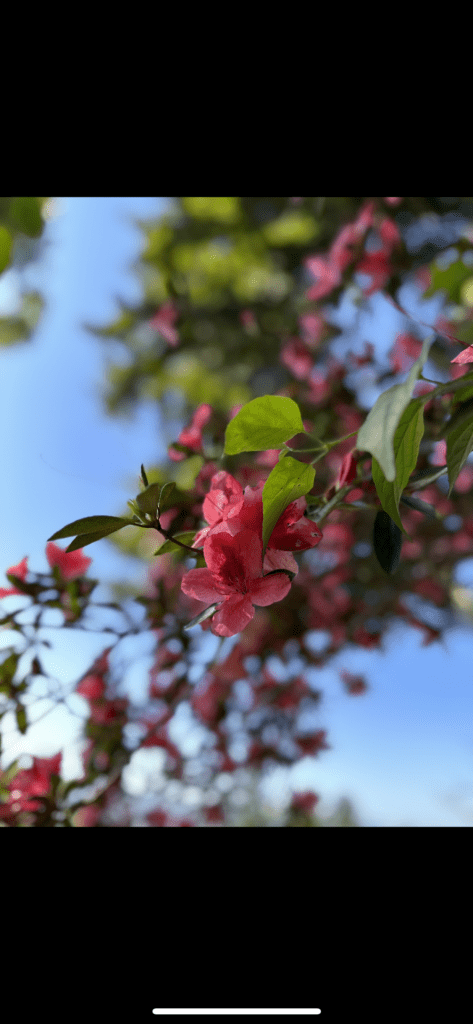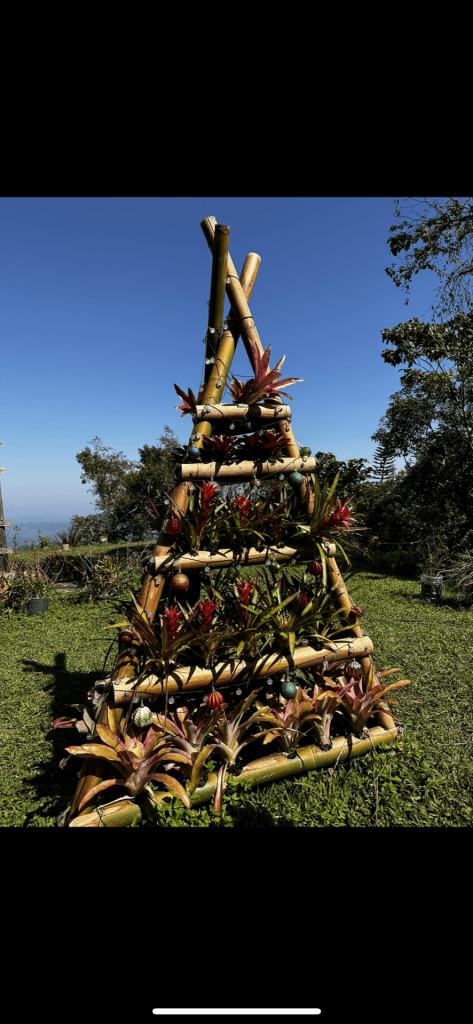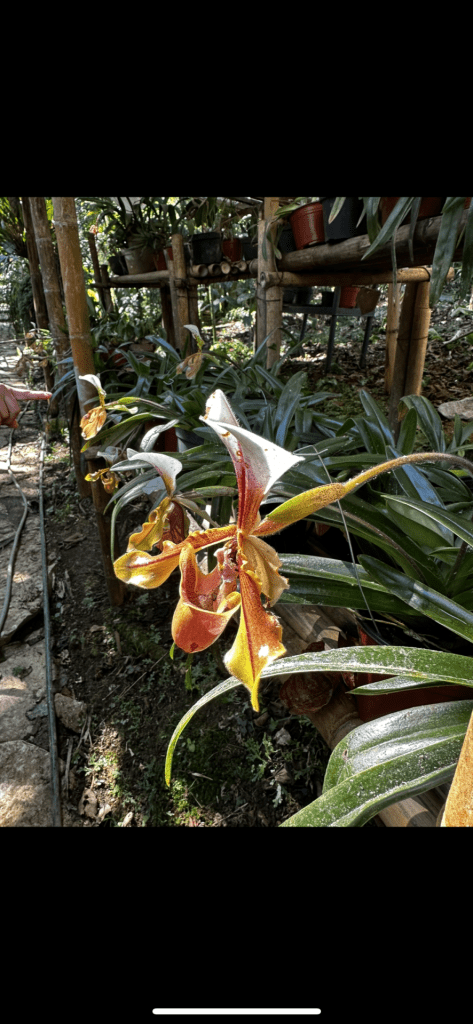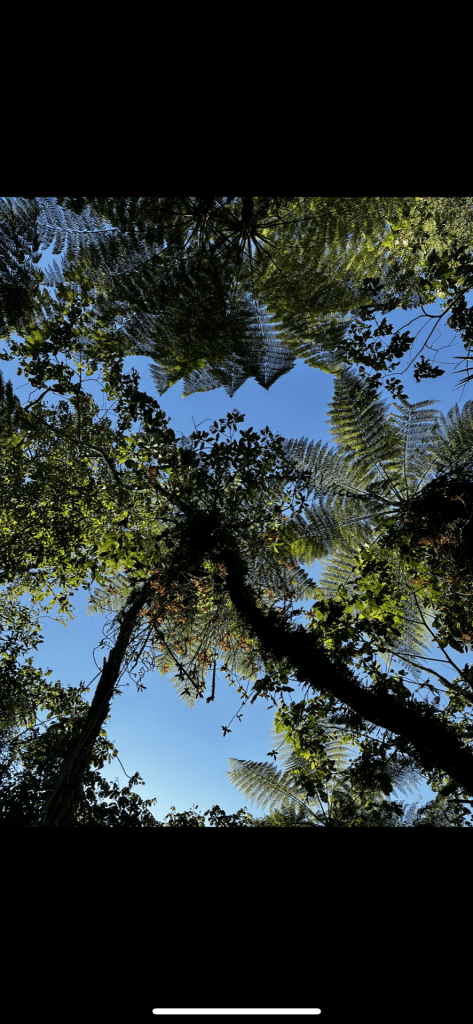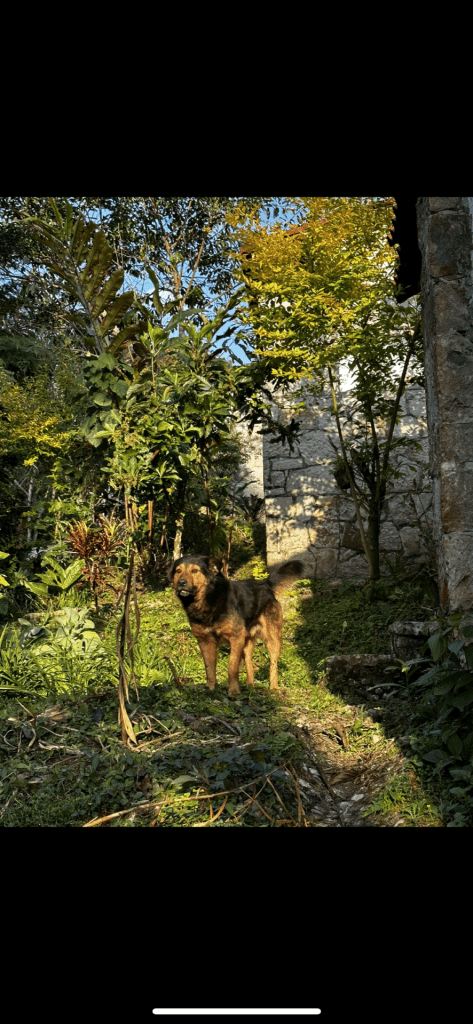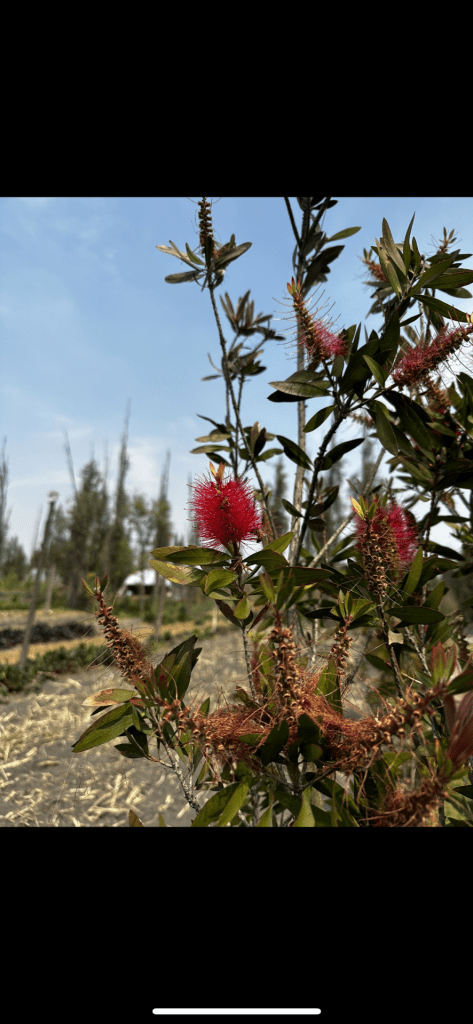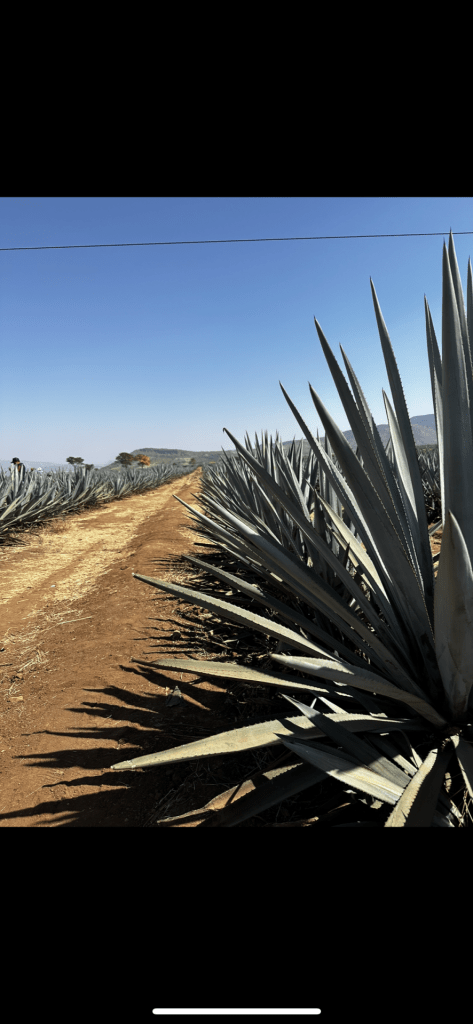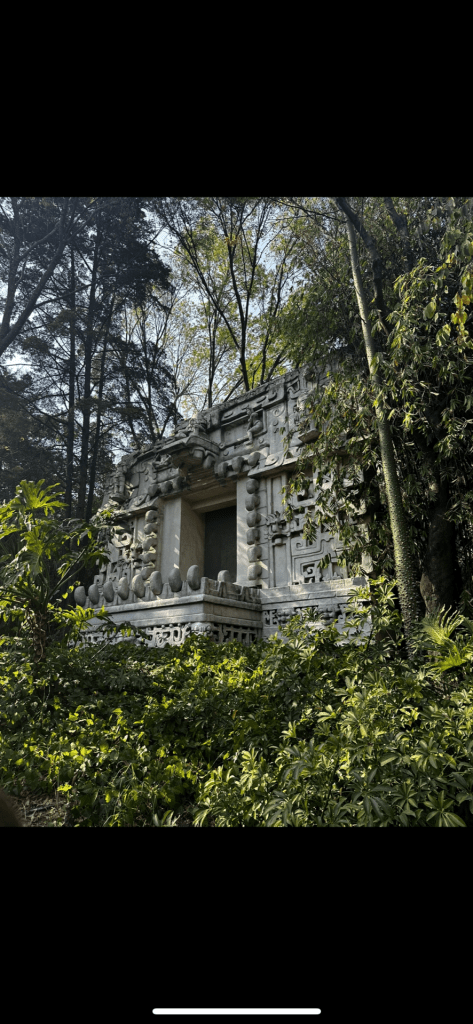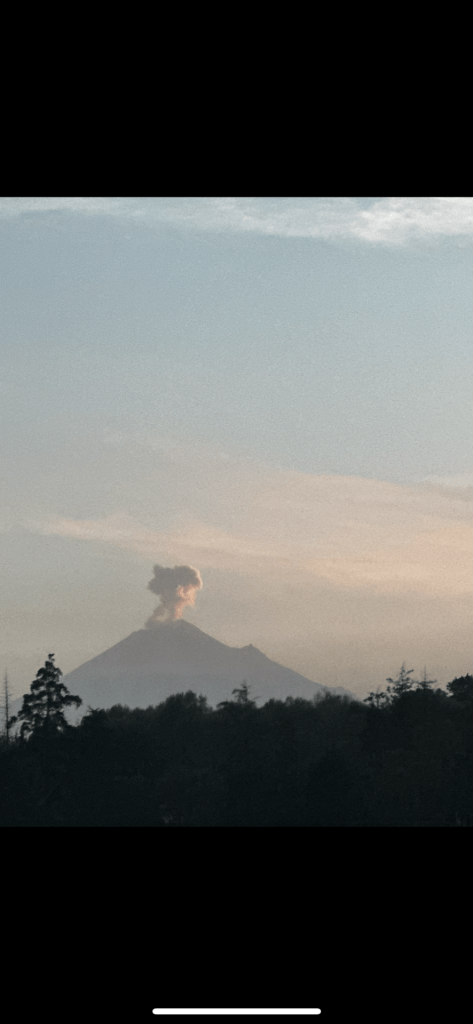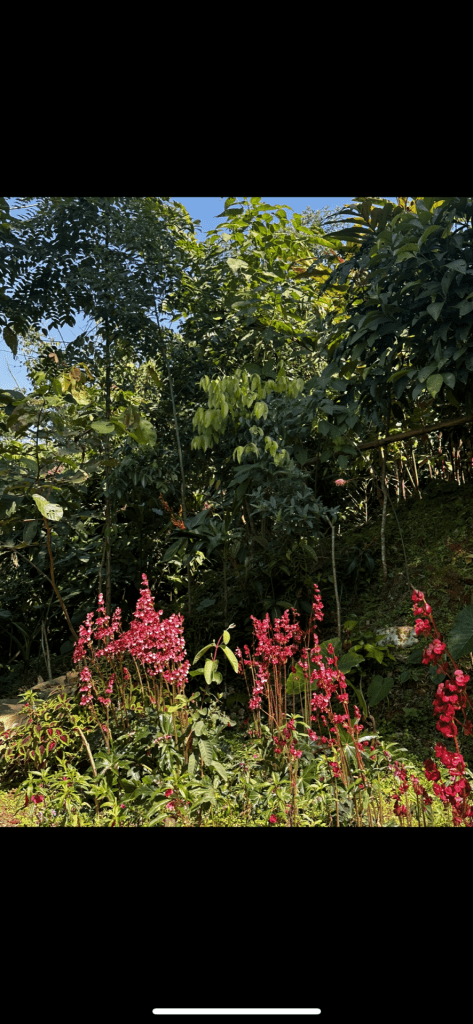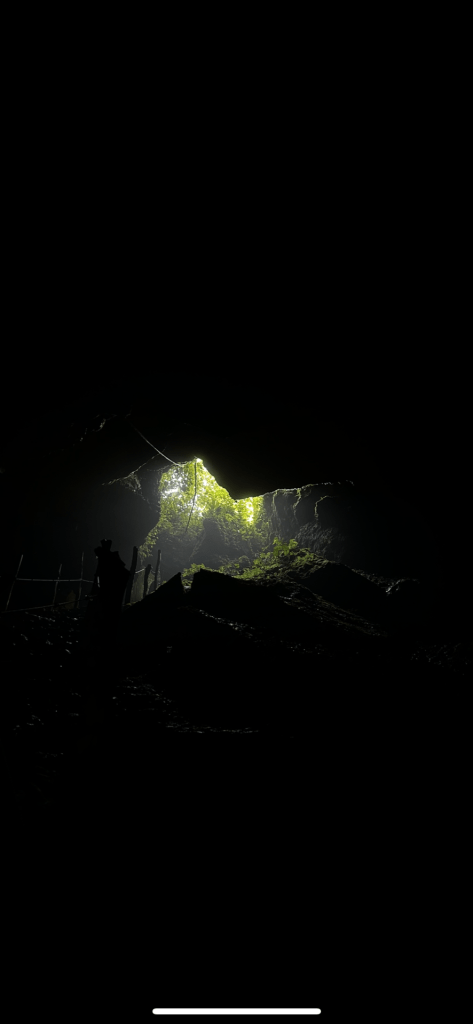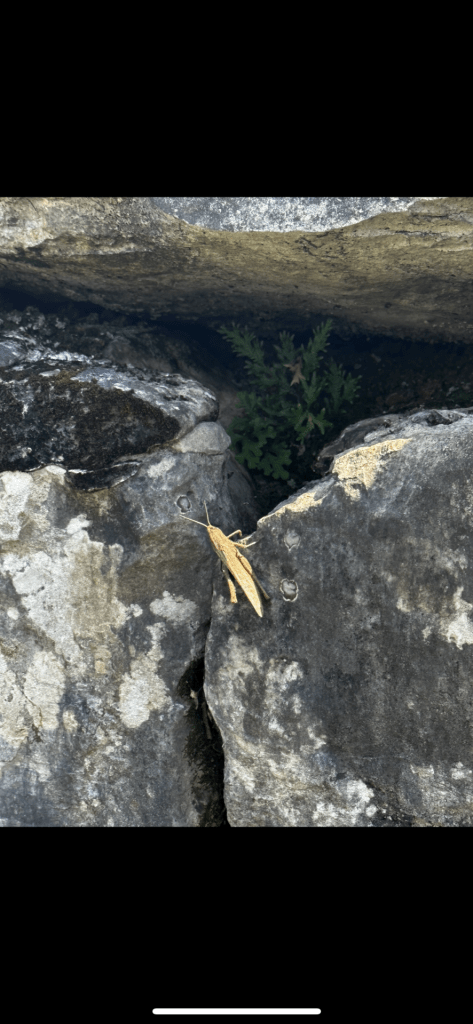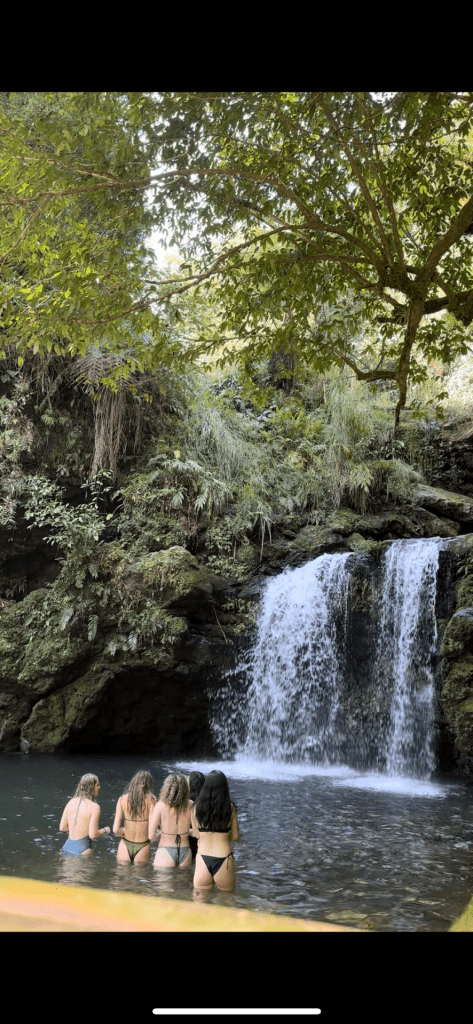We are really getting down to the last two weeks here; it is so crazy how fast time goes. Sometimes I feel like I have not done enough with my time here, but then I also look through my photos and realise that this has been a completely mind-blowing experience. I have truly done so much, and I have done things beyond the top 10 tourist destinations. The NGO visits were a highlight for me because I could visualise the content I had learnt. It was also eye-opening for me to understand how possible it is to make a change. Each of the NGOs that we got to visit has made a dramatic change in Mexican society. Seeing this work on a practical level has made me so grateful for the work I can be a part of. It has significantly contributed to the trip and is one of the reasons I feel sad about leaving.
This week’s topic was environment and sustainability, a very pressing crisis that the world is facing today. I only get to study a little about the environment and only really know what I have researched myself. However, my mindset going into this week was thinking about climate change as a critical issue. I learnt quickly that this is one of many environmental issues we must consider. Food and water scarcity, greenhouse gases, deforestation, biodiversity loss, sea levels and acidity, etc. There are so many different yet interconnected issues because of the intersectionality of the world. The natural world and the human world are the same beings. Each uses fuel and water to survive; each requires the natural regeneration of the world to thrive. With this interconnectedness should also come mutual respect for the entire world. This is the knowledge I want to share back home.
Most indigenous cultures I have encountered view the natural world as another being above humans. They practice acts of appreciation, respect, forgiveness and sustainable procedures when using the natural world. Regarding Māori culture, the natural world is where their Atua came from and where they return to when they pass. From this cycle comes a deep appreciation for the natural world as another being. Throughout this week, we talked a lot about the case of the Whanganui River being granted personhood, which was a first on a global scale. This is an incredible stepping stone for how we should treat the natural world as a society. The view of nature being below human beings is what placed us in our current global crisis. This idea cements because the world is not just an infinite supply of resources, which everyone needs to realise immediately. Society must treat our resources with more care and consideration for what they are—a gift from papatūānuku, not our possession. There is so much to learn from indigenous perspectives on sustainable practices and ideas of development. Considering what we are working towards and putting ‘development’ into a more critical framework would allow us to explore different practices. The western view of development is not working; it does not provide an evident appreciation of the natural world. This needs to change.
We looked a lot at the impact of capitalism on sustainable practices and how it impacts the distribution of resources worldwide. A common trend evident in this line of thinking is that countries typically labelled as underdeveloped are the central hub of resources and rich exports. However, they are not the ones reaping the rewards of these exports; foreign investment is. Foreign development is claiming these resources and distributing them back to their countries. This capital model allocates resources according to market demand in the ‘developed’ western world. The distribution of vital resources needs to be more equitable and perpetuates unsustainable practices. Capitalism is creating a hierarchy of acceptable living conditions, where seemingly ‘poorer’ countries are reaping the consequences of unsustainable practices for the benefit of other countries. This attitude is creating a cycle of attitudes of take, take, take. People feel so entitled to the world’s resources that they feel entitled to the things they want, no matter how they get them. Land use, practices and sourcing of resources are all profit-orientated.
How the world is suffering from these practices is extensive. We watched a gorgeously produced documentary called ‘Home’, which explores how humanity started and will end if we continue at the rate we are. This was an incredible resource to be exposed to and one that I will keep sharing with others. It made me think of the concept of privilege and how people witness this. Throughout the documentary, we were taken through many different ways of life impacted by the global environmental crisis. Whether it is water shortage, land degradation, rising sea levels or acid rain, these issues overly affect lower socioeconomic countries. While watching the documentary, we would pause and have extensive conversations about what we were watching. However, sometimes our response was silence. I did not have any answers. Generally, we always come back to the idea that viewing the world as separate from ourselves creates negative issues—very rapid issues, for that matter. We are the earth. We all came from a combination of land, water, and air in a unique and seemingly impossible way. Our existence is a miracle. And this is something we should be appreciated, not flaunt. When we damage the environment, we are subsequently damaging ourselves. This is why environmental issues matter. This is why we need to care; because we will not last.

